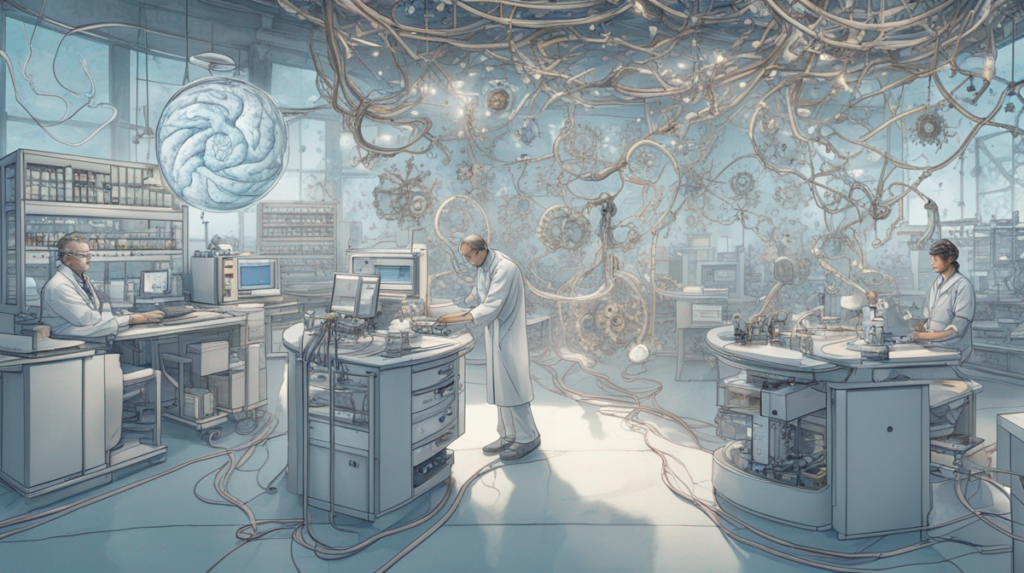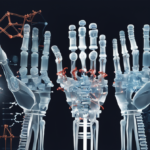
The realm of scientific research is rapidly evolving, continually uncovering new methodologies and fields that promise to transform our understanding of health and wellness. This article explores the exciting emerging fields in scientific research and their implications for innovative health solutions.
Glycoscience
Glycoscience, the study of sugars in biology, is changing our understanding of diseases. It’s reshaping fields such as immunology and oncology, offering potential breakthroughs in cancer treatments and auto-immune disorders.
Microbiome Science
The human microbiome, a universe of bacteria, viruses, and fungi within our bodies, can influence obesity, mental health, and even cancer. Advancements in this field could revolutionize diagnosis and treatment of many diseases.
Neurobioengineering
At the intersection of neuroscience and bioengineering, this field is budding. With the potential for repairing, enhancing or even emulating human brain function, it holds the promise of interventions for traumatic brain injuries and neurodegenerative disorders.
Genomic Medicine
As the cost of genomic sequencing plunges, personalized medicine becomes robust. This field predicts disease risk, informs therapies based on patients’ 2019 genetic makeup, and fuels precision medicine.
Immunotherapy
Unleashing the body’s own immune system to fight cancer; that’s Immunotherapy. It’s fostering a new generation of therapies, features fewer side effects compared traditional approaches and, in many cases, offers a genuine chance of recovery.
Regenerative Medicine
Regenerative medicine repairs or replaces damaged cells, organs, or tissues, via tissue engineering, stem cell therapy, and more. These are transforming treatment for conditions from heart disease to spinal cord injuries.
Climate Change Health Science
As our planet warms, we are witnessing more than just environmental changes—climate change directly affects human health. By studying the health impact of climate change, we can shape adaptive strategies and policies.
Nanotechnology
Nanotechnology, or science at a minuscule scale, has potential in the diagnosis and treatment of diseases. It’s enabling more targeted drug delivery and reducing side effects.
Artificial Intelligence in Healthcare
Artificial Intelligence (AI) is carving a niche within healthcare by improving diagnosis, managing patient care, and powering predictive analytics. It’s anticipated to revolutionize healthcare as we know it today.
Crispr and Gene Editing
CRISPR technology enables scientists to edit genes, possibly eliminating inherited diseases. It’s not without controversy, though, so this field calls for careful ethical examination.
In conclusion, these emerging fields in scientific research hold the potential to unveil novel health solutions and create better health outcomes for all. By keeping a close watch, we can prepare ourselves for the transformations they’ll bring.
Last modified: 17 January 2024


















